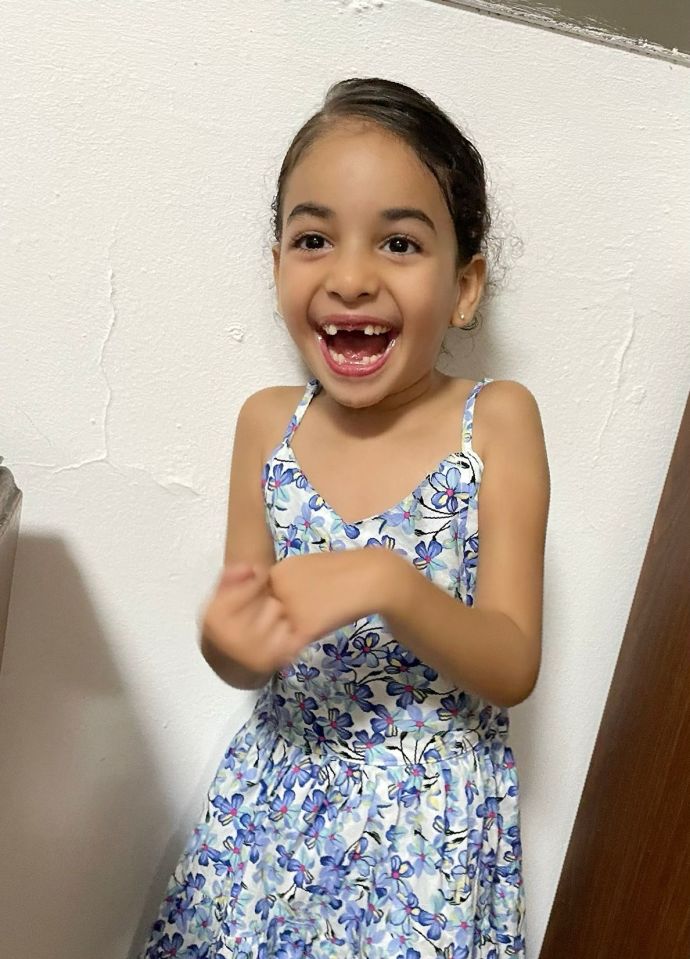Rett Syndrome Awareness Month is marked each October worldwide for the 350,000 “angels of silence” –- the nickname for the girls who suffer from this syndrome. Parents, grandparents, brothers, sisters and aunts rallied to the campaign, whose goal is to raise NIS 250,000 to advance Rett Syndrome research.
"Today's research, tomorrow's medicine"
Rett Syndrome is a non-hereditary neurodevelopmental disorder that occurs mainly in girls, affecting one in every 10,000 live female births. Girls suffering from this syndrome appear to develop normally until the age of 6 to 18 months. The syndrome is characterized by normal development in the early stages of life, followed by a variety of disorders: loss of speech, loss of use of the hands, walking disorders, irregular breathing and indigestion. Despite the difficulties they face, girls with Rett Syndrome have smart and expressive eyes. They make contact with their surroundings with their eyes. They are active, vital and full of the joy of life, and for this reason, they are fondly called “silent angels.” Girls with Rett Syndrome usually live to adulthood if there are no complications or acute illnesses. However, the rate of cases of sudden unexplained death is higher in girls with Rett Syndrome compared to the general population.
In Israel, there are currently 194 girls and women diagnosed with Rett syndrome and two boys. In 2021, ten new girls were diagnosed, and the patient rate stands at 475 patients as of December 31, 2021. That is, 281 girls and women have Rett syndrome but haven’t been diagnosed.

Sigal Hertz Tirosh, CEO of the Rett Syndrome Foundation: “We are more optimistic today than ever about the future of our daughters, sisters, granddaughters and friends who are dealing with Rett Syndrome. The girls cannot speak, so they trust our voice to support medical research to find a cure for the syndrome that can change their lives. Ask yourself – how long can you go without the ability to talk, type or send text messages? Two hours? Four? Six? Perhaps even twelve? Try to imagine how you would choose to express an emotion, make a suggestion or a request, or describe what hurts. How would you feel if you had to do all this using only basic symbols and eye contact? This is Rett syndrome.”
Click here to donate and help us cure Rett Syndrome
